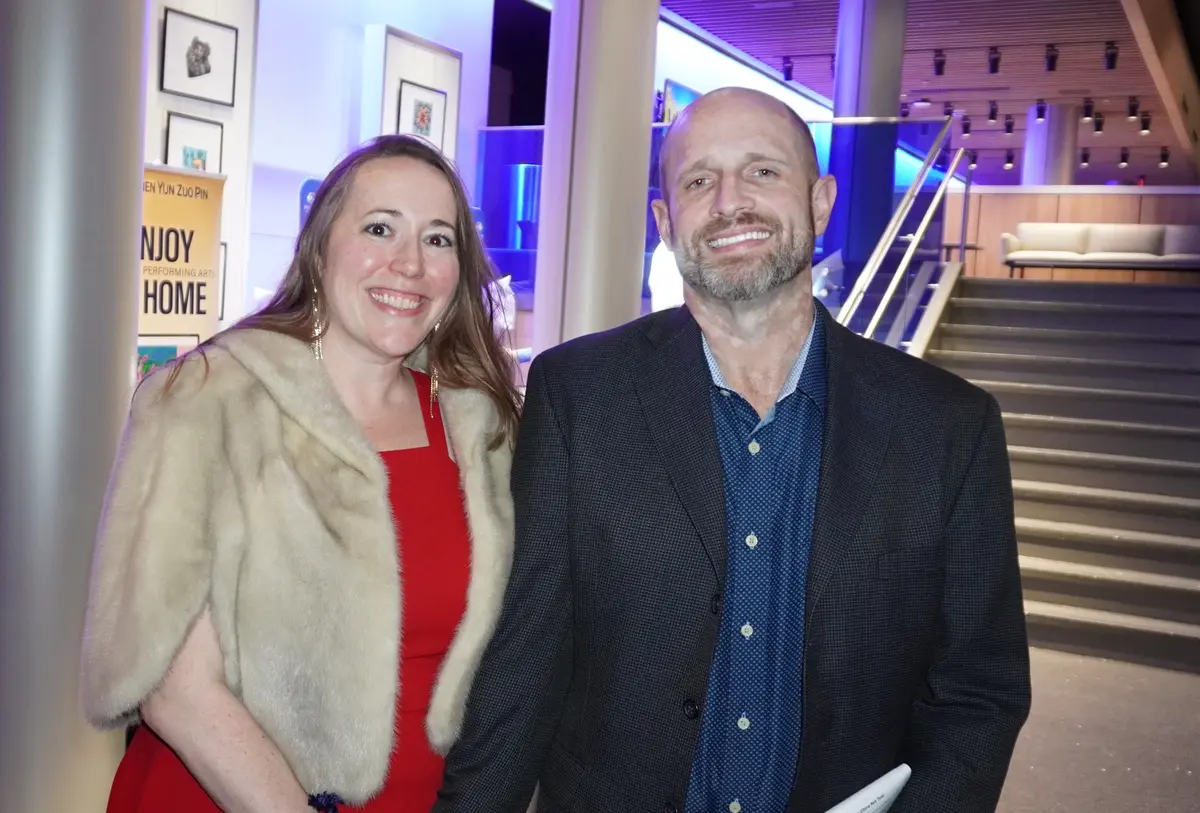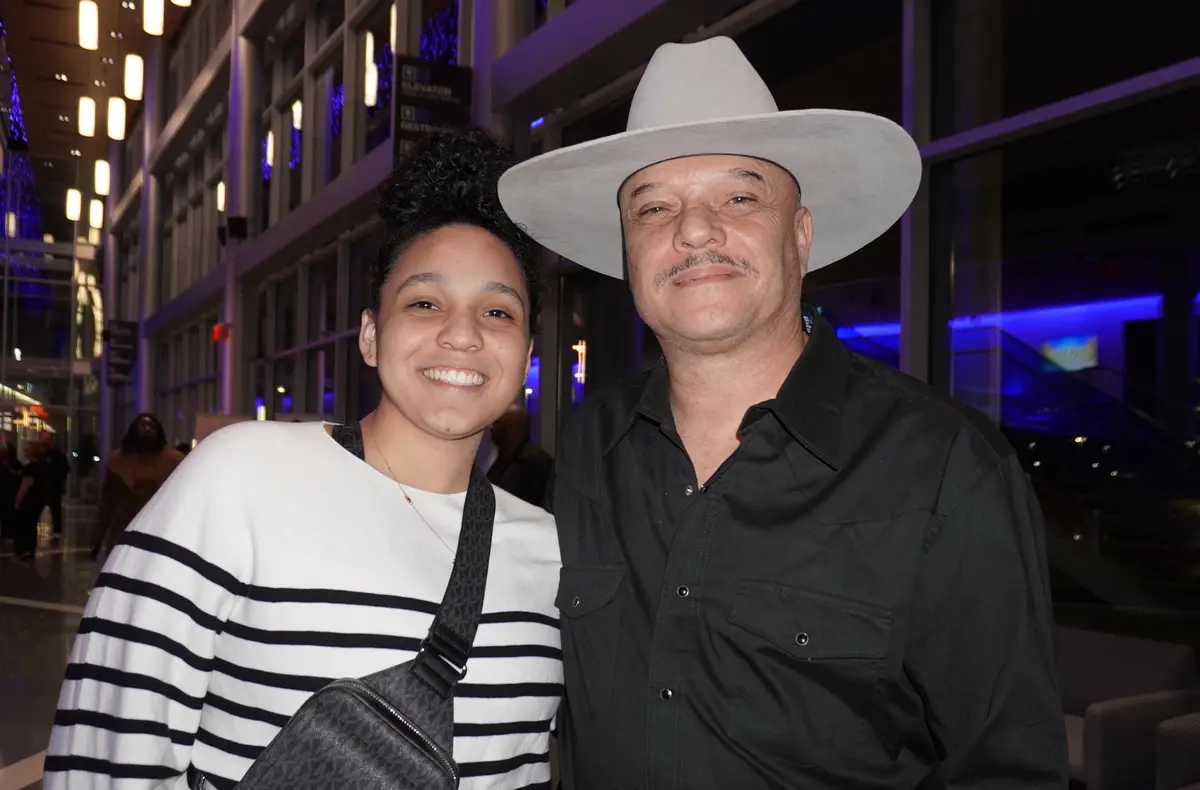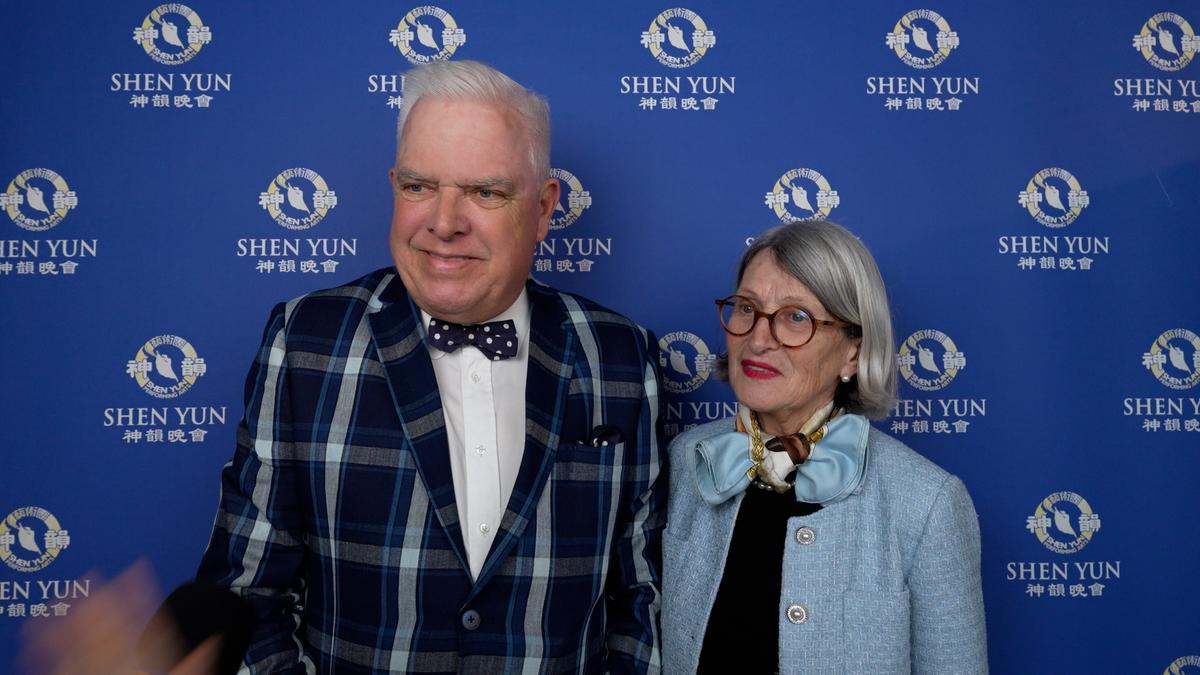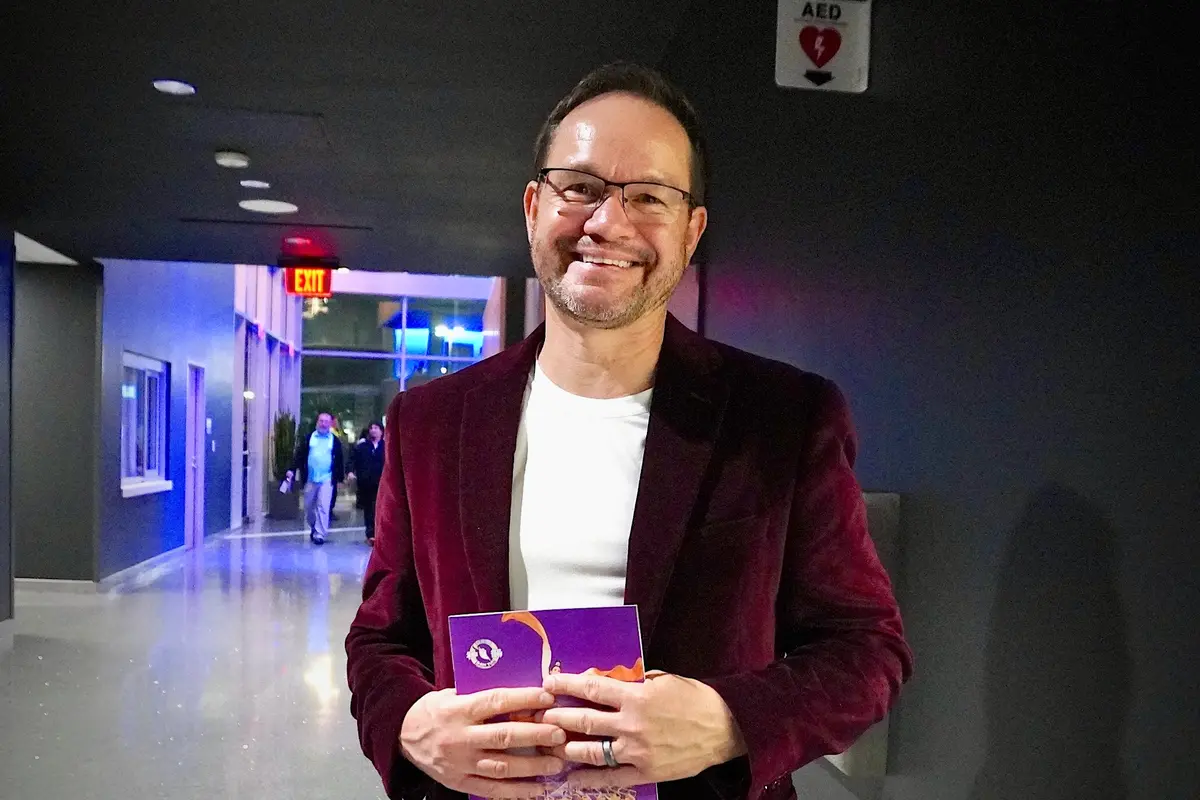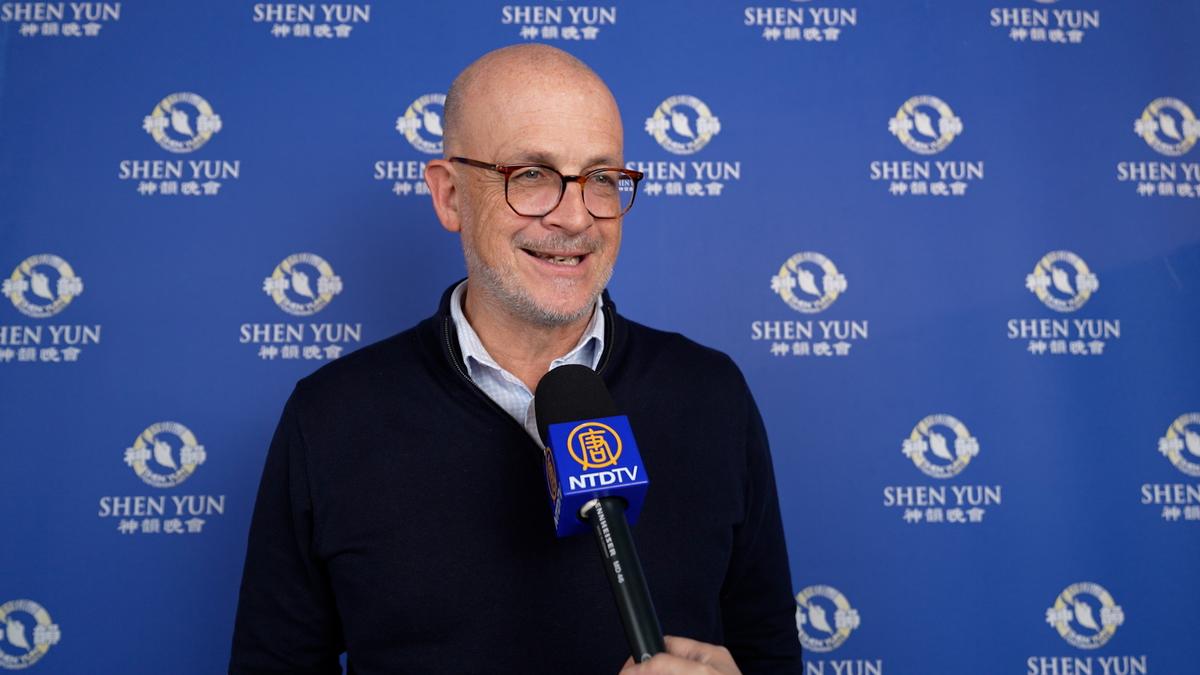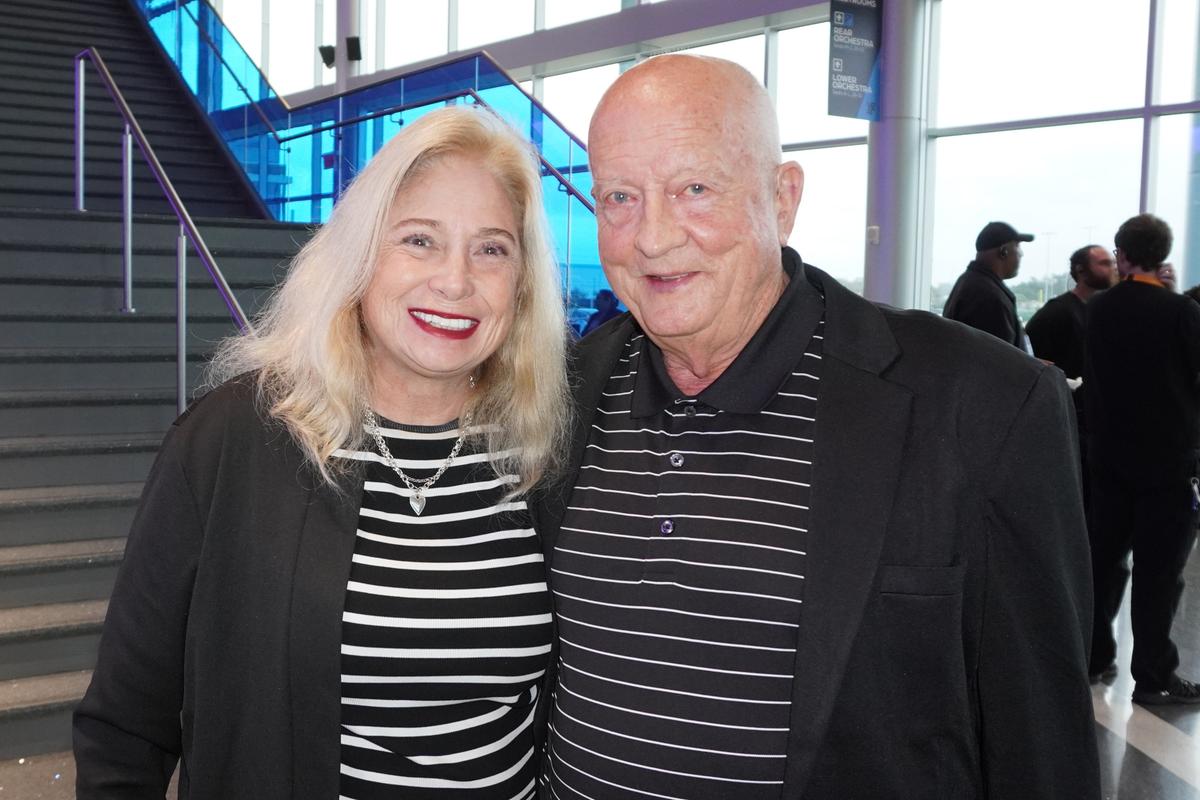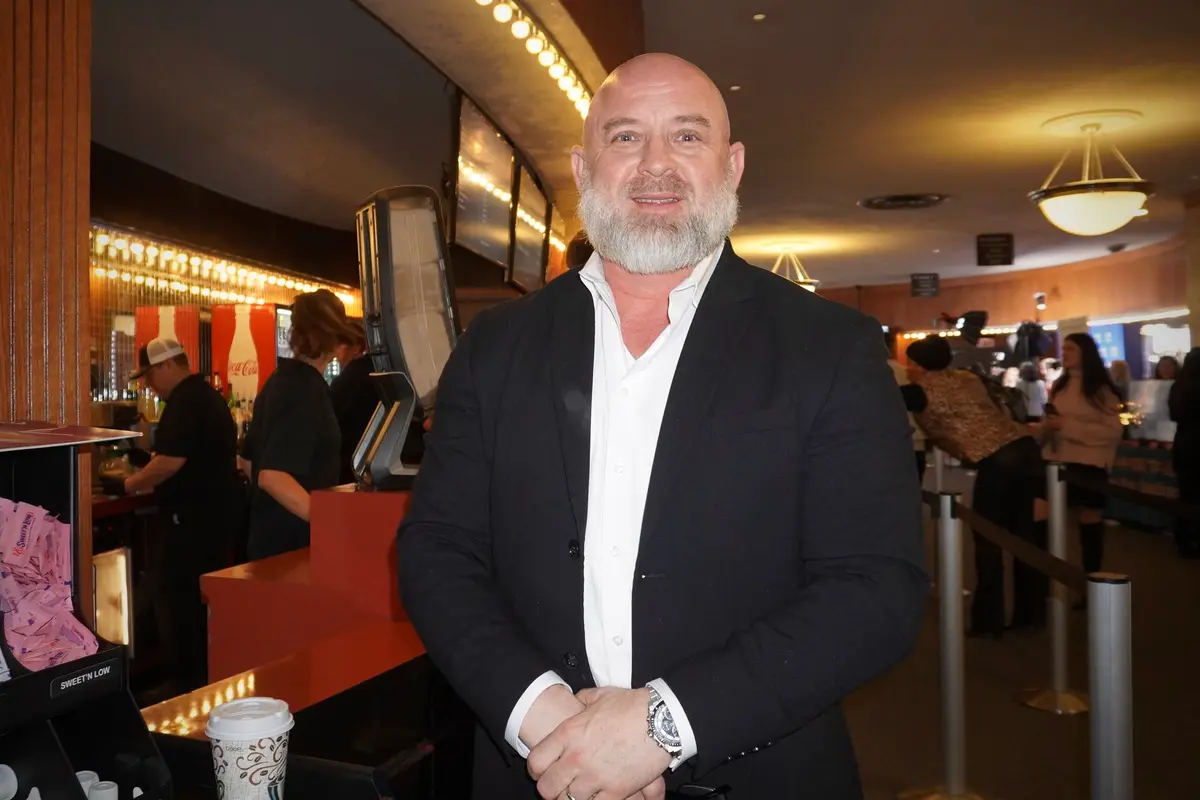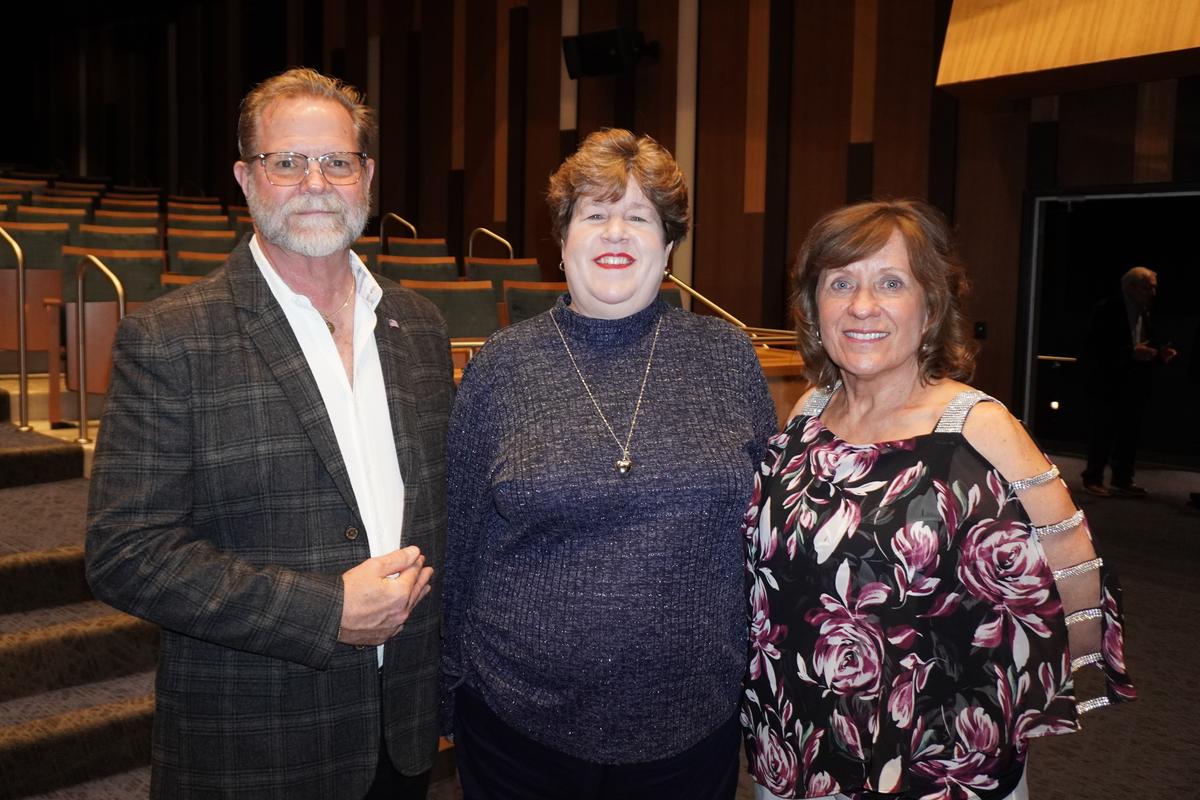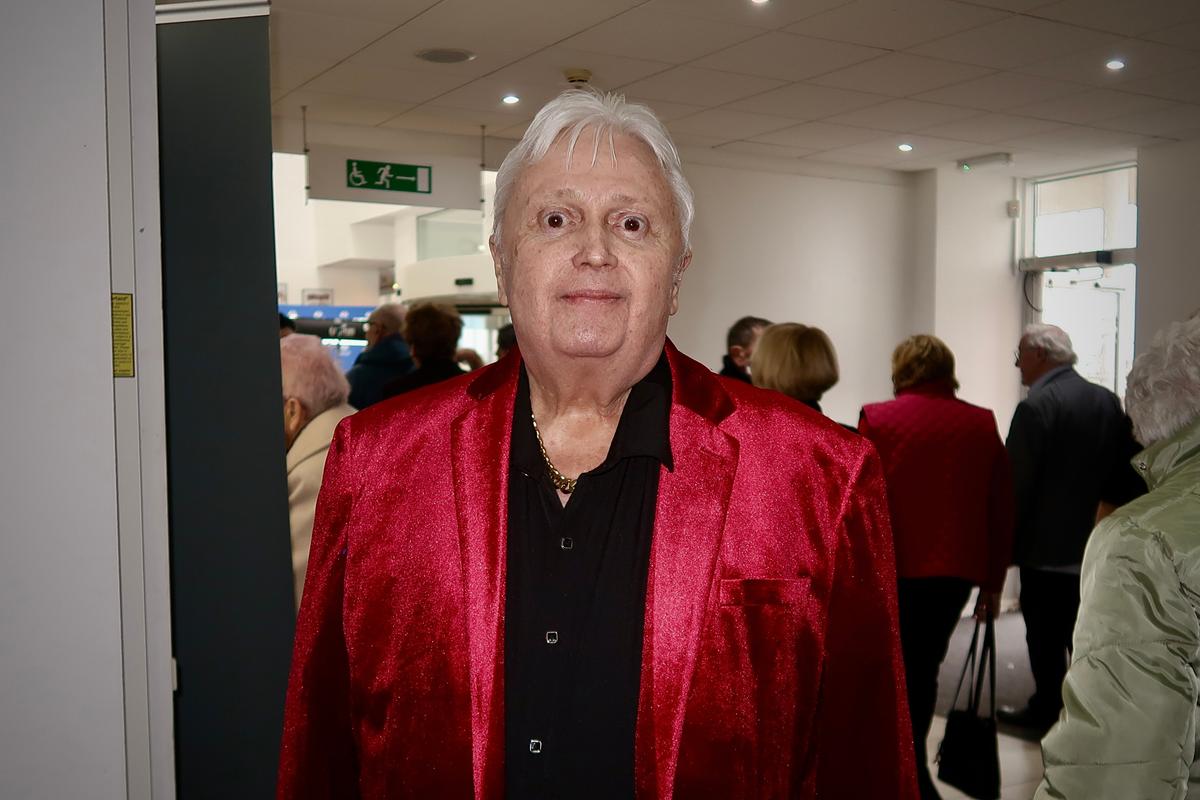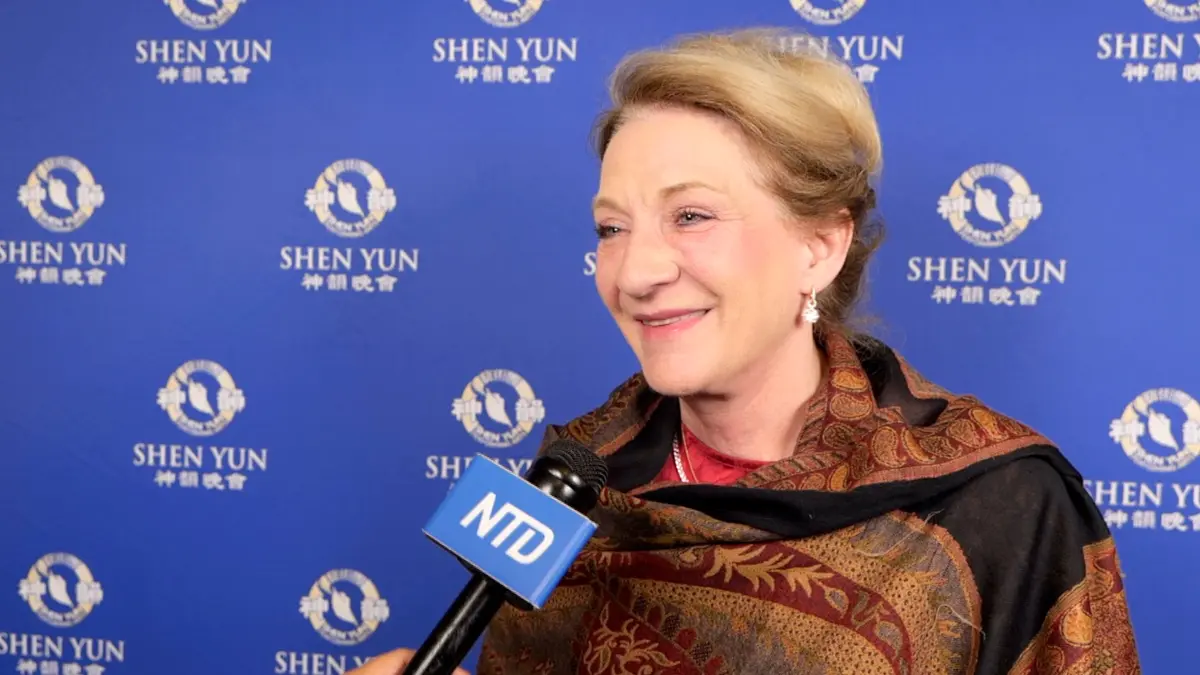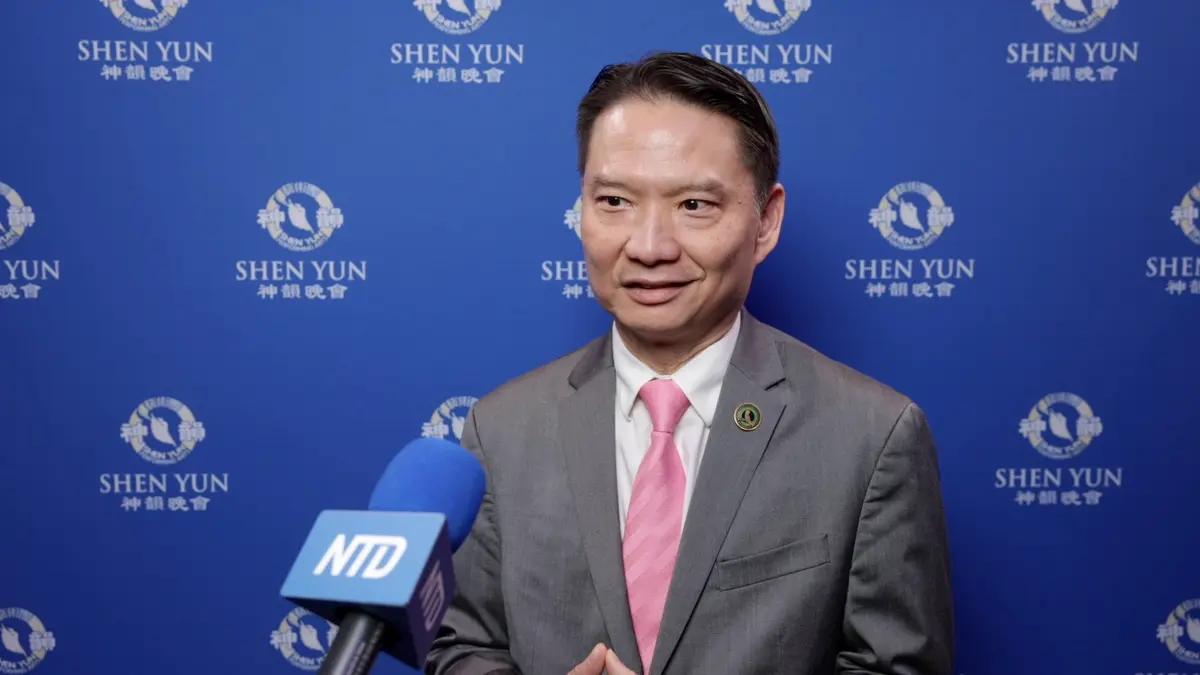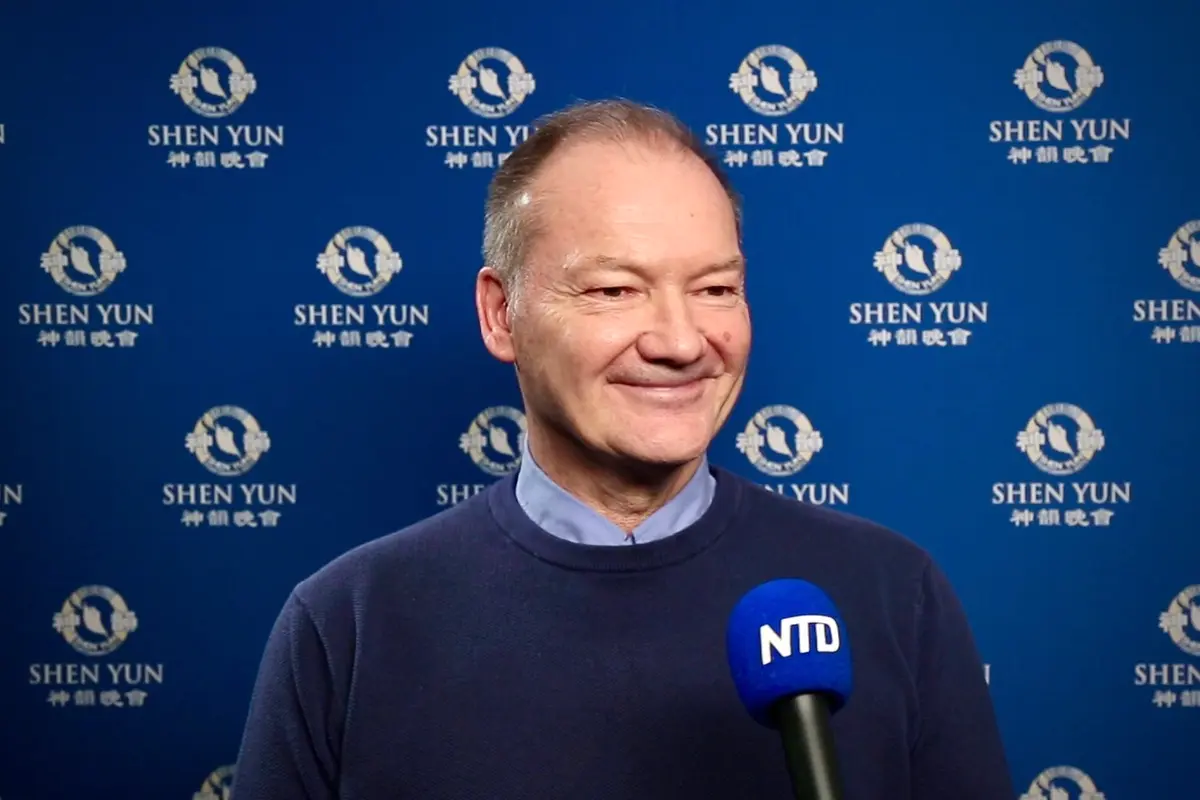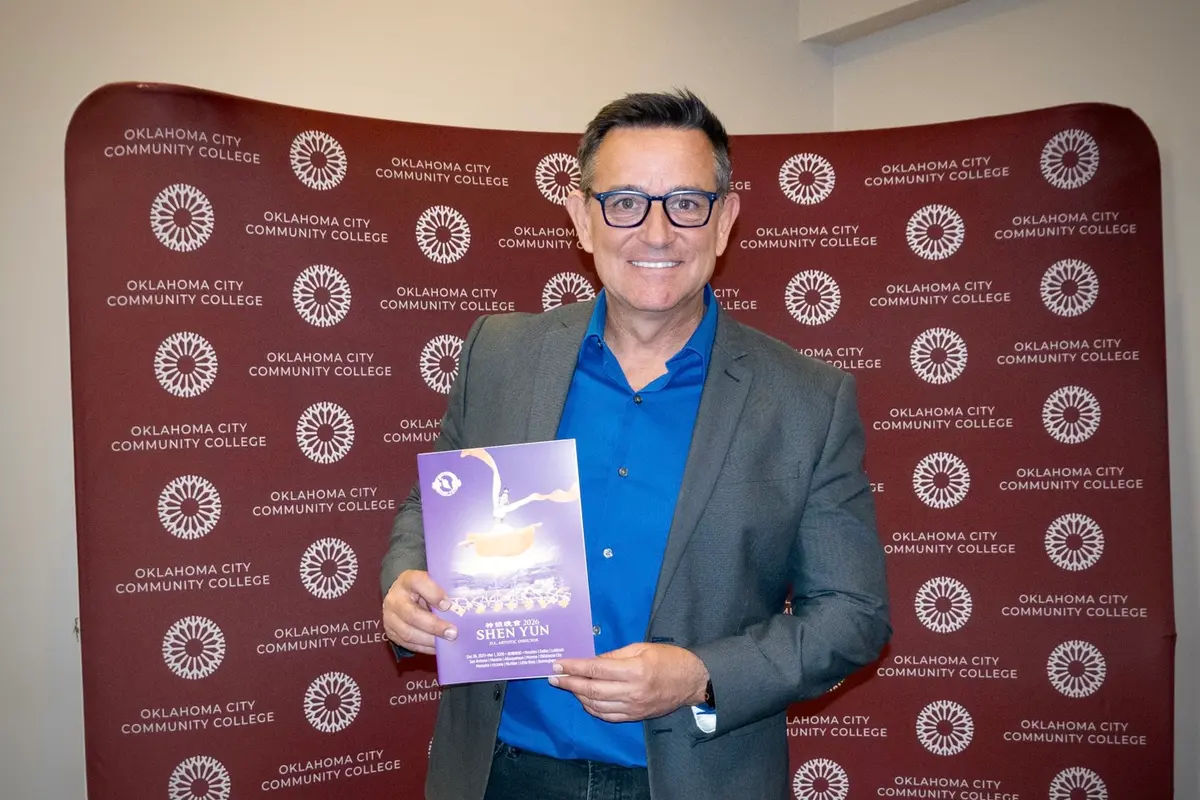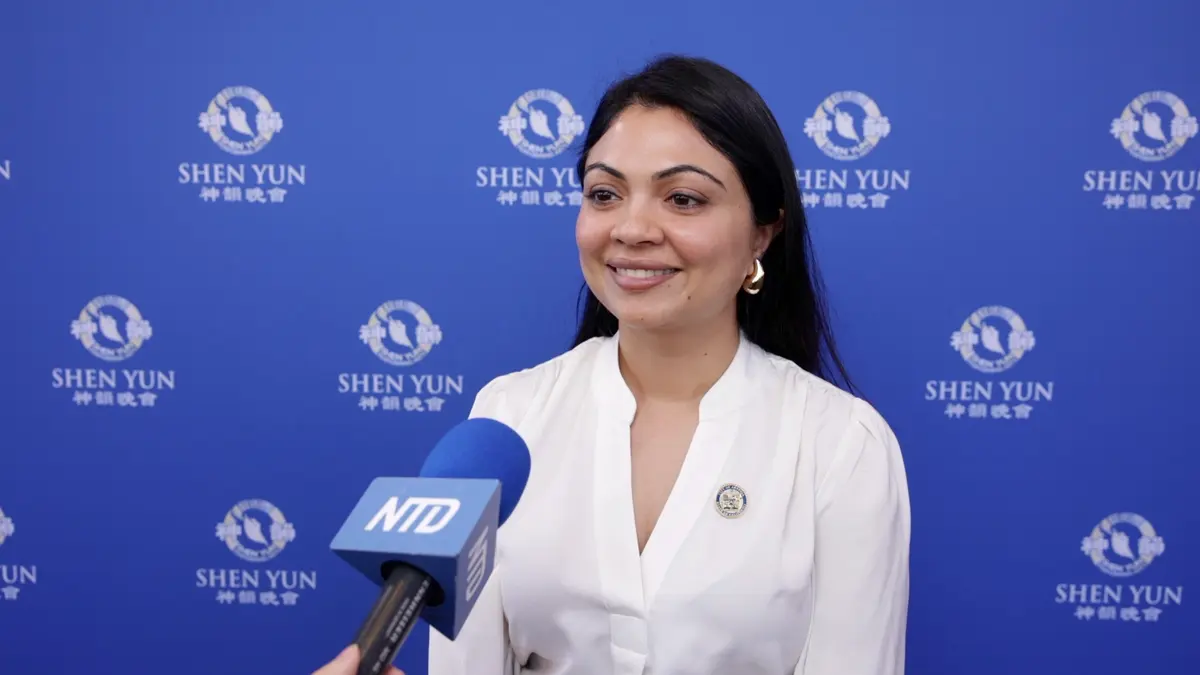“Just getting to watch it, [Shen Yun] was more than dance—it was art, a true art form,” said Tanya FuQua-Abbas of Phoenix, Arizona, with awe in her voice. “It was beautiful.”
Tanya FuQua-Abbas runs a pet care business with her mother and sister and came to see New York-based Shen Yun for the first time on March 4, 2020, at the Phoenix Orpheum.
“It was amazing, it was absolutely breathtaking. Watching their feet move as fast as they could, it was unbelievable. I need to come multiple times, so I can see every part of it,” FuQua-Abbas said.
Some of Shen Yun’s storytelling dances depict ancient legends and heavenly beliefs that have been passed down since time immemorial in China. Other pieces portray modern-day China where followers of one of the country’s ancient spiritual practices are now persecuted at the hands of the Chinese Communist Party (CCP). Overall, Shen Yun’s roughly 20 vignettes present different aspects of authentic Chinese culture which was almost lost when the CCP rose to power in the mid-twentieth century.
Shen Yun combines Eastern and Western instruments in a way no other arts company has to create a sound that is richly expressive of China’s sounds and melodies, but with an overall sound quality familiar to Western ears.
“I would like to pick up the soundtrack before I leave,” FuQua-Abbas said. “Getting to listen to the different elements of it and the way they introduced the Chinese aspects of it to us, I had never heard of a two-string instrument and my son loves to play violin, so, he’s definitely going to want to see that instrument.”
The baritone, the erhu player, and all of the artists in Shen Yun are carrying on China’s ancient tradition of acknowledging the legend of the Creator and His eventual return to earth in their songs, dances, and even in their personal spiritual practice in their daily lives.
“I think that for every person, that Creator is something different. And in this, I felt it was everything. It didn’t matter what belief you had ... what you thought of each person. The way they brought through, they brought it in, and it made the Creator feel like everything—‘It’ is ‘All!’ And it was amazing, I loved it,” she said.
Even the name “Shen Yun” translates to “the beauty of divine beings dancing” in English. FuQua-Abbas thought that the name was apt and had generous parting words for the artists.
“Oh, it came through beautifully, absolutely beautifully. I recommend that for anybody,” she said in reference to the translation of the phrase “Shen Yun.”
“Thank you! Thank you for sharing what you guys do with us,” she said to the artists. “Because that was emotional. And I, I can’t thank them enough, they’re beautiful.”



